
As online regulations become increasingly strict and platform risk control measures continue to upgrade, anti-detect browsers play an increasingly important role in online marketing, data scraping, and account management. Undetectable.io, as one of the more popular anti-detect browsers in recent years, has attracted many traffic operators and cross-border practitioners. However, in 2025, is it still the best choice? Are there alternatives better suited to different needs? This article will analyze them one by one.
Anti-detect browsers help users bypass website detection and hide their real identity through techniques such as modifying browser fingerprints, isolating environments, managing proxies, and multi-account anti-linkage. They are mainly used in the following scenarios:
Multi-account operation: managing multiple stores on e-commerce platforms (such as Amazon, eBay, Shopee), running social media marketing with account matrices (Facebook, Instagram, TikTok), and managing cross-platform accounts for content creators or agencies.
Data collection and scraping tasks: simulating users from different regions to access pages and obtain authentic content (such as prices, search results), combined with proxy rotation and fingerprint spoofing to bypass anti-scraping mechanisms.
Preventing account bans or linkage risks: individual users valuing digital privacy, data security experts, blocking fingerprint tracking, location tracking, cookie binding, and providing a safer browsing environment.
Although Undetectable.io is powerful, it may no longer meet all users’ needs in the following aspects:
High cost: not very friendly to individual users or small teams.
Performance fluctuations: some users report slow loading speeds and frequent crashes.
Limited support: poor support for some operating systems or browser extensions.
Long update cycles: insufficiently timely updates to cope with platform detection strategies.
Dependence on external proxy services: no built-in high-quality proxies, requiring additional configuration.
Therefore, finding alternatives with better cost performance, more flexibility, and stability has become a must for many practitioners in 2025.
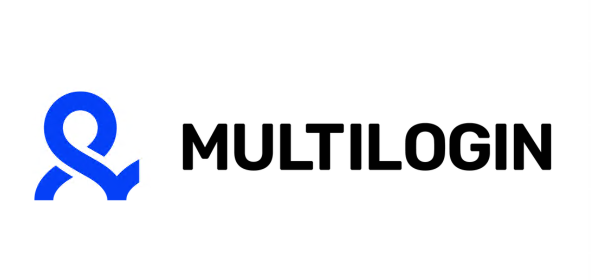
Multilogin is an anti-detect browser designed for high-end users. With its advanced fingerprint masking technology and powerful isolation system, it is suitable for users who require high concurrency, multi-account management, and secure operations. If you have high demands for account security and platform detection avoidance, it is a tool well worth investing in.
However, if you have a limited budget or low usage frequency, you might consider more cost-effective alternatives.
Features: Fine-grained browser fingerprint control, supports large-scale account management
Suitable for: Advanced users, enterprise marketing teams
Advantages: Strong stability, supports automation script interfaces
Disadvantages: Relatively high price
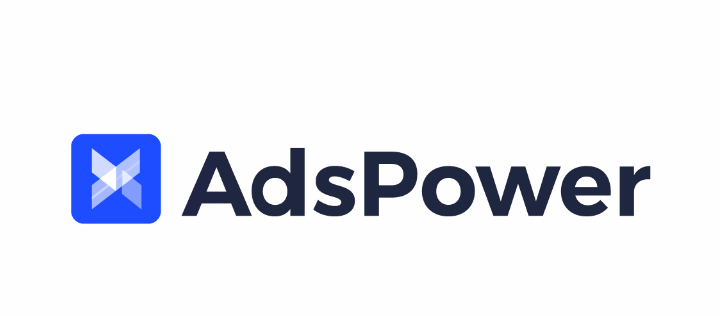
AdsPower is an anti-detection fingerprint browser focused on account anti-association and cross-border multi-account management. It supports Windows and macOS, helping users create multiple independent browser environments on the same device to prevent platforms from identifying multiple accounts as belonging to the same person.
It is widely used in scenarios such as cross-border e-commerce, social media operations, affiliate marketing, advertising delivery, and data collection, and is particularly favored by operators on platforms like Amazon, Facebook, TikTok, and Google.
Features:
Simple interface with Chinese language support
Low learning curve for quick adoption
Flexible customization options
Target Audience:
E-commerce sellers
Social media operators
Advantages:
Integrated anti-association and proxy management functions
Disadvantages:
Premium features require paid upgrades
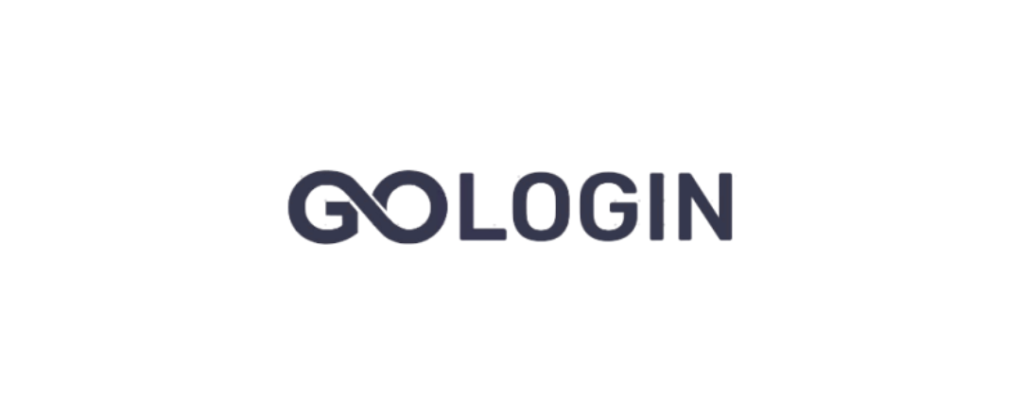
GoLogin is an anti-detect browser widely used by global users, designed to help users manage multiple accounts in bulk, disguise browser fingerprints, and bypass platform risk control detection. It is suitable for various scenarios such as e-commerce operations, advertising delivery, social account management, and data collection.
The biggest feature of GoLogin is its user-friendly interface, quick 上手 (easy to use), multi-platform support (Windows, macOS, Linux, Web), and built-in powerful fingerprint configuration functions, making it suitable for users from beginners to professionals.
Features:
Cloud synchronization
Few device restrictions
Multi-operating system support
Target Audience:
Cross-platform users
Small teams
Advantages:
Low usage threshold
Affordable pricing
Disadvantages:
Less detailed browser fingerprint control compared to Multilogin
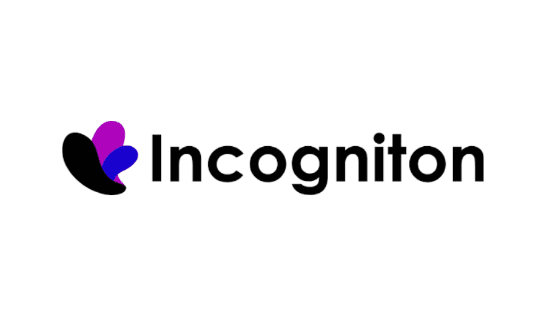
Incogniton is an anti-detection browser tool focused on multi-account anti-association management and browser fingerprint spoofing, suitable for users who need “multi-identity operations” in scenarios such as cross-border e-commerce, social media management, advertising delivery, and affiliate marketing.
Compared with other anti-detection tools, Incogniton has gradually gained widespread attention in the global market for its simple operation interface, powerful team collaboration capabilities, and high cost-effectiveness, especially favored by marketing users on platforms like Amazon, TikTok, and Facebook.
Features:
Strong team collaboration functions
Support for importing cookies and automated scripts
Independent virtual browser environments
Target Audience:
Social media matrix operators
Advantages:
Convenient bulk account management
Disadvantages:
Limited features in the free version
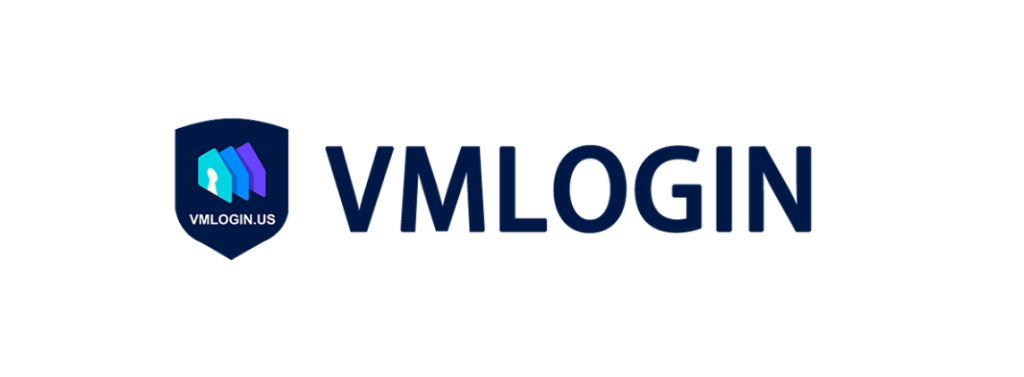
VMLogin Multi-Account Anti-Association Browser is an anti-detection browser solution developed by a Chinese team, dedicated to helping users isolate browser environments, simulate browser fingerprints, and manage multiple accounts. It is particularly favored by users in industries such as cross-border e-commerce, social media marketing, advertising affiliate programs, website cluster SEO, and data scraping.
Features:
Chinese-language supported anti-detection browser
Powerful automation functions
Target Audience:
Chinese-speaking users
Data scraping engineers
Advantages:
Localized operation experience
Comprehensive documentation
Disadvantages:
Somewhat traditional user interface
Even the most powerful anti-detection browsers will significantly compromise their privacy protection and anti-association capabilities without stable, anonymous, and high-quality proxy network support. This is why we strongly recommend combining Cliproxy with the above browsers:
Global residential IP coverage: Provides real residential IPs in 100+ countries/regions to effectively avoid proxy detection.
Automatic IP rotation: Supports sticky connections and high-frequency rotation to meet various automation tasks.
Compatibility with mainstream anti-detection tools: Supports SOCKS5/HTTP(S) protocols for simple and fast configuration.
Flexible billing: No monthly rental pressure, pay-as-you-go, ideal for independent developers and small-to-medium teams.
High stability: Supports long-term uninterrupted connections to ensure account security and browsing stability.
In 2025, anti-detection browsers have become indispensable tools in the data-driven era. However, choosing the right tools and proxy services can make your efforts more effective. While Undetectable.io remains a popular option, alternatives like GoLogin, Multilogin, and AdsPower perform more prominently in terms of cost-effectiveness, usability, and flexibility.
By combining with Cliproxy, you can more easily tackle platform risk control, break through detection barriers, and navigate the global network environment freely.
Try Cliproxy now to accelerate your privacy and efficiency!


